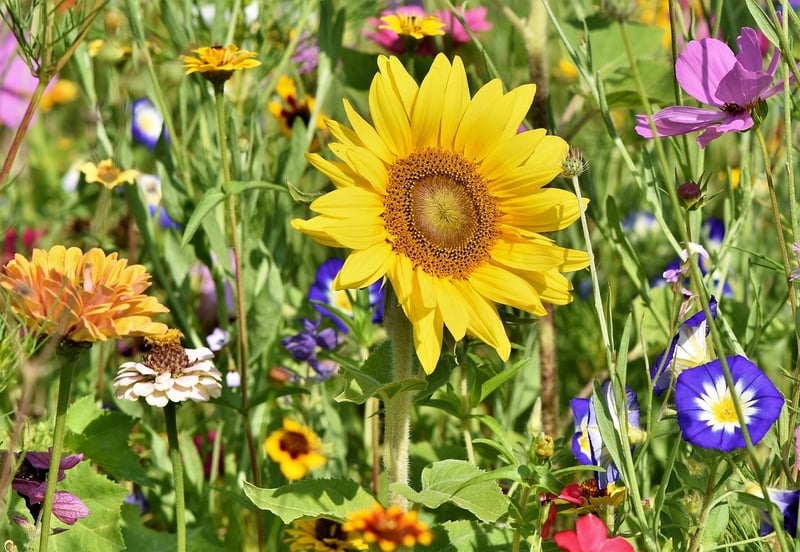Pest Control
Keeping Your Garden Healthy + Pest Control
Welcome to our guide on maintaining a healthy garden and effective pest control methods. A lush and thriving garden not only enhances the beauty of your home but also provides a sanctuary for beneficial insects and wildlife. Let's explore some tips to keep your garden in top shape while effectively managing pests.
1. Maintain Proper Soil Health
Healthy soil is the foundation of a flourishing garden. Ensure your soil is well-draining, enriched with organic matter, and has the right pH levels for your plants. Regularly test your soil and amend it as needed to provide optimal growing conditions.
2. Water Wisely
Proper watering is crucial for plant health. Water your garden in the early morning to reduce evaporation loss and prevent diseases. Use a soaker hose or drip irrigation to deliver water directly to the roots and avoid wetting the foliage excessively.
3. Practice Crop Rotation
Rotate your crops each season to prevent the buildup of pests and diseases in the soil. Different plant families have different nutrient needs and vulnerabilities, so rotating them helps maintain soil health and reduce pest pressures.
4. Attract Beneficial Insects
Encourage beneficial insects like ladybugs, lacewings, and predatory wasps to populate your garden. These insects feed on common garden pests, helping to naturally control pest populations. Planting diverse flowers and herbs can attract beneficial insects.
5. Use Natural Pest Control Methods
Instead of reaching for chemical pesticides, consider natural pest control methods like neem oil, insecticidal soap, or diatomaceous earth. These options are safer for the environment, beneficial insects, and your family.
6. Monitor Your Garden Regularly
Keep a close eye on your plants for any signs of pest damage or disease. Early detection allows for prompt intervention, minimizing the impact of pests on your garden. Remove affected plants or parts to prevent the spread of pests.
7. Companion Planting
Utilize companion planting techniques to naturally repel pests and attract beneficial insects. Pairing certain plants together can help deter common garden pests and create a more balanced ecosystem in your garden.
8. Physical Barriers
For larger pests like rabbits, deer, or birds, consider using physical barriers such as fences, netting, or row covers to protect your plants. These barriers can effectively prevent damage without resorting to harmful chemicals.
Conclusion
By following these tips for maintaining a healthy garden and implementing effective pest control strategies, you can create a vibrant and thriving outdoor space that is both beautiful and sustainable. Remember, a balanced approach that considers both plant health and pest management is key to long-term garden success.
Happy gardening!

For more gardening tips and tricks, visit Gardeners.com.
